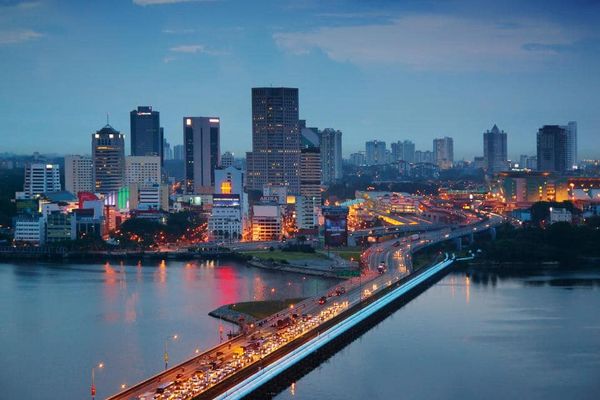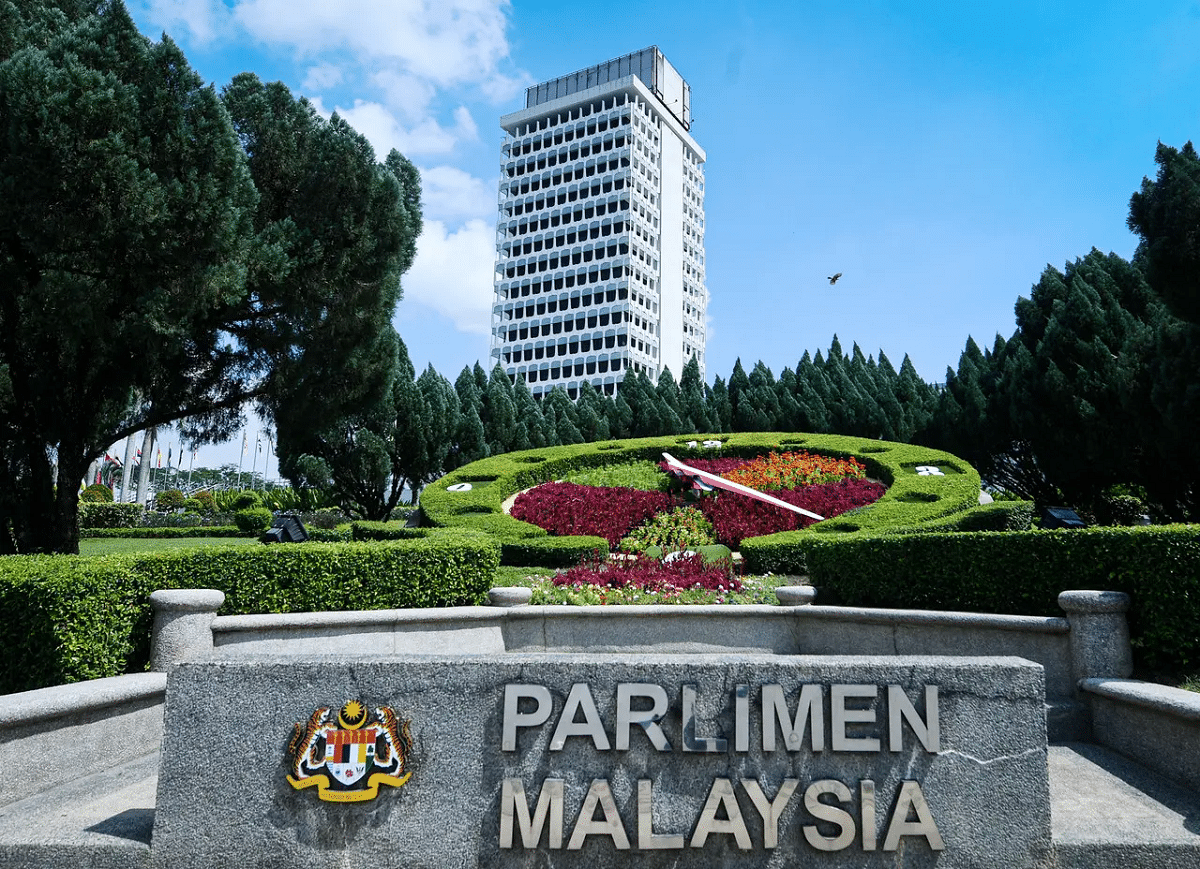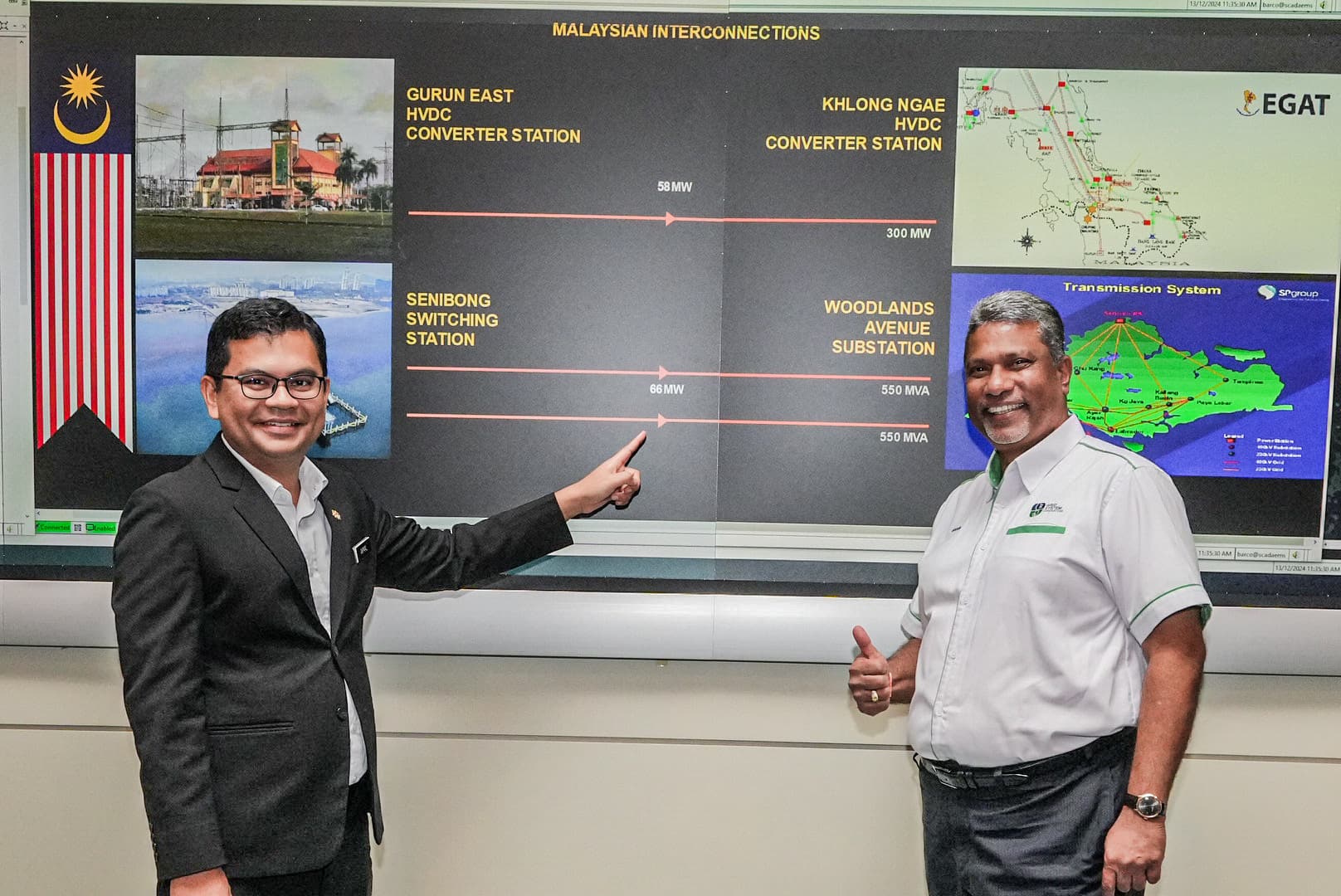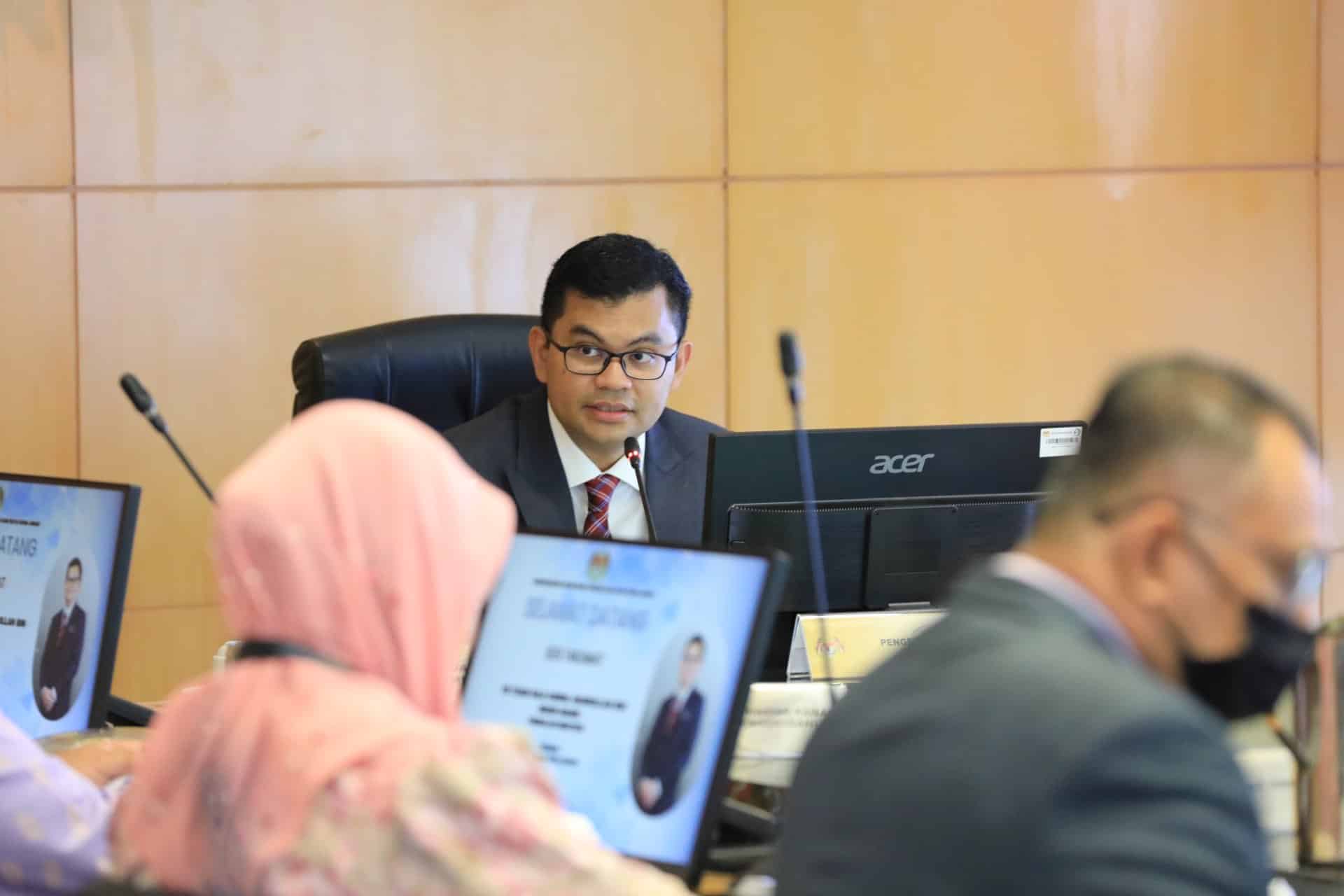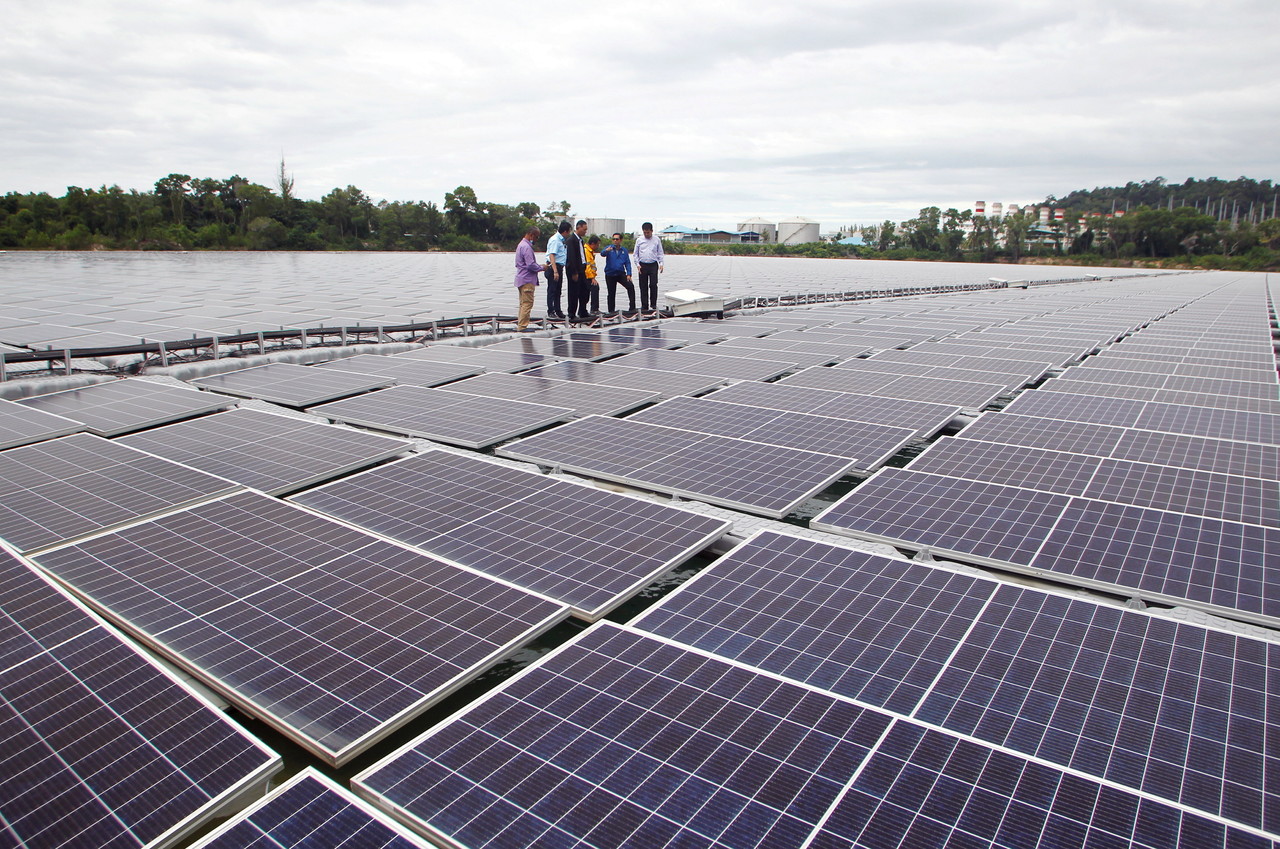KUALA LUMPUR, Dec 2 — The government has decided to stick with the existing provision in the 1962 Water Agreement and any change to the raw water rate to Singapore needs to consider the implications to the cost of purchasing treated water from the republic.
Energy Transition and Water Transformation Deputy Minister Akmal Nasrullah Mohd Nasir said that although the price set for the sale of raw water to Singapore is low, at three sen per 1,000 gallons, it provides economic returns to the country.
Based on Badan Kawal Selia Air Johor's records, the state currently buys an average of 16 million gallons (MGD) of treated water per day at a rate of 50 sen per 1,000 gallons, far exceeding the rate of five MGD provided for in the agreement.
“Comparing the cost of treating the same water ourselves, the average cost is about RM1.80 per cubic metre. So at that price, if we translate the price of gallons to cubic metres that we buy from Singapore, it is about 11 sen.
"So, there is reciprocity there. Hence, before we make or proceed with any decision, we need to achieve net zero dependency, which is the ability to produce treated water in Johor,” he said during the question-and-answer session in the Dewan Rakyat today.
Akmal was responding to Rompin MP Datuk Abdul Khalib Abdullah's supplementary question on the economic impact on Malaysia if the price of raw water to Singapore is at a rate that is considered a subsidy and the long-term impact on water resources in Johor if the agreement continues without any changes.
Answering the original question from Pasir Gudang MP Hassan Abdul Karim on whether the government will negotiate with Singapore regarding the review of the Johor River Agreement 1962, he said the Malaysian government takes a careful and cautious approach to ensure that any steps taken would not burden the people.
The Zero Dependency project is being implemented to reduce the country’s dependence on Singapore.
"Among the main projects are the construction of the Riverside Water Reservoir in Sungai Johor (Sungai Lebak), the construction of a dam at Sungai Sedili Besar, as well as the construction of water treatment plants such as the Layang 2 Water Treatment Plant and the Semangar 3 Water Treatment Plant.
"These projects aim to increase the storage capacity of raw and treated water, thereby ensuring that Johor can meet its water needs independently in the long term," Akmal said.
However, the target of achieving zero dependency by 2030 may not be realised, taking into account the growth of industrial sectors like data centres and semiconductors.
"Therefore, the supply of treated water from Singapore is still needed to meet the water needs of Johor. In that regard, the government continues to prioritise negotiations and the views of stakeholders.
"Based on a discussion in October between the Honourable Menteri Besar of Johor (Datuk Seri Onn Hafiz Ghazi) and the ministry, it was decided that there is no need for a review of the raw water rate for now," he said.
— Bernama


